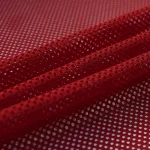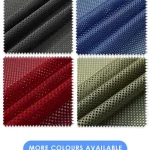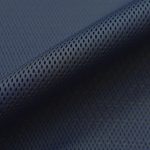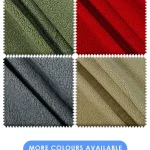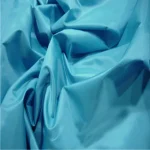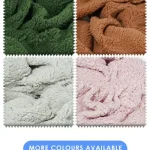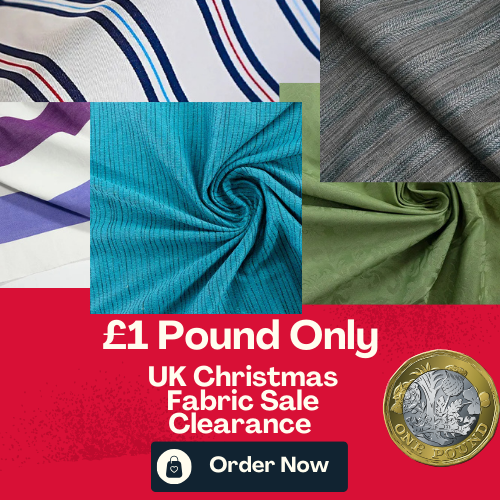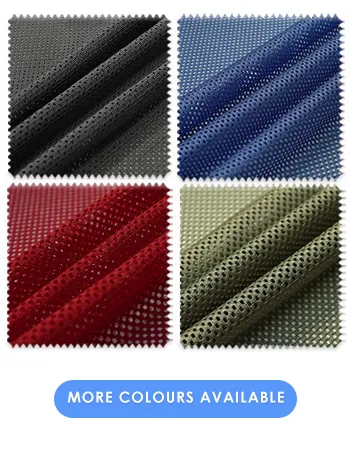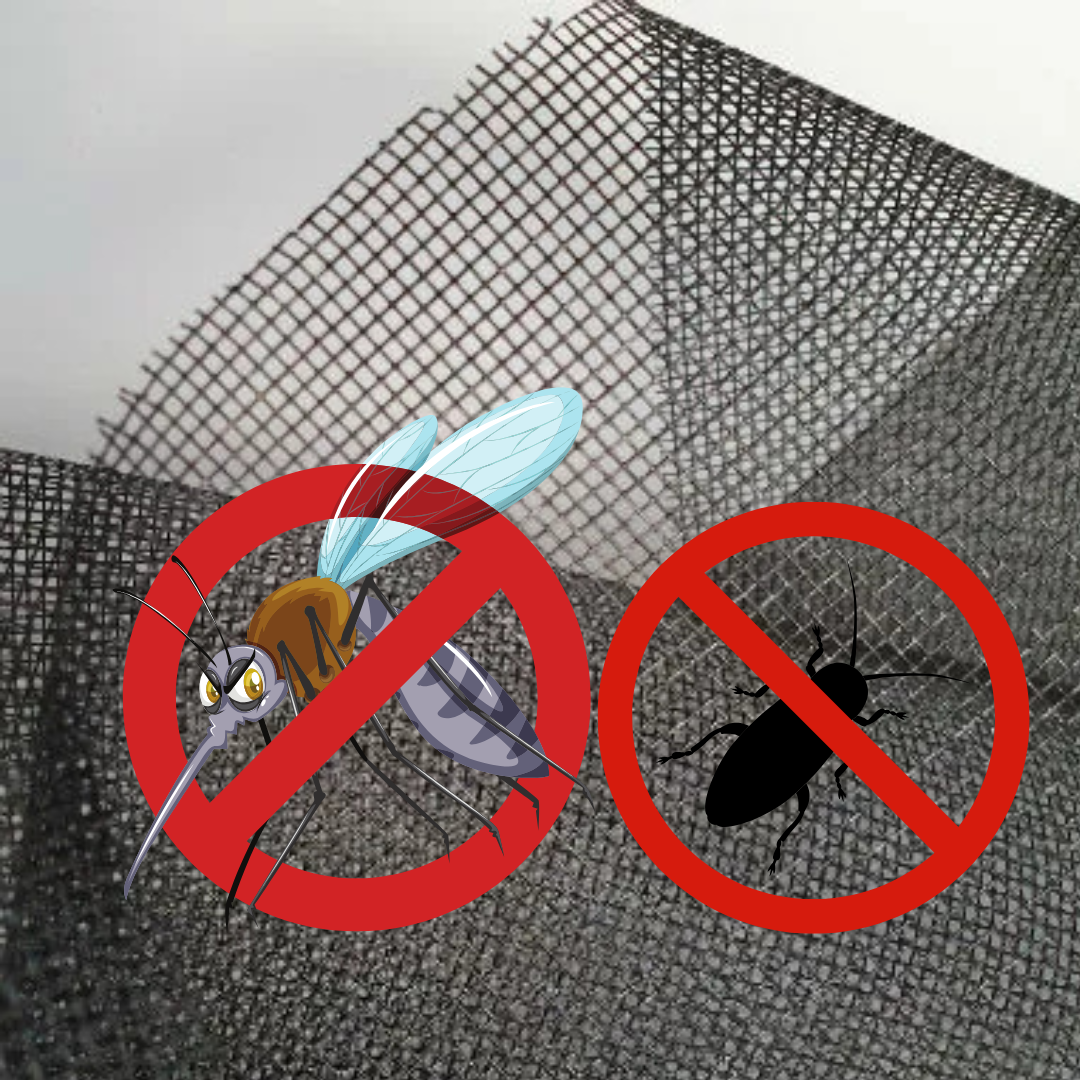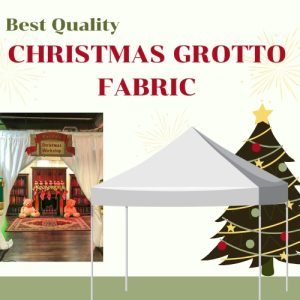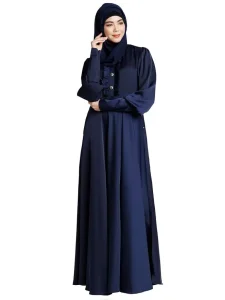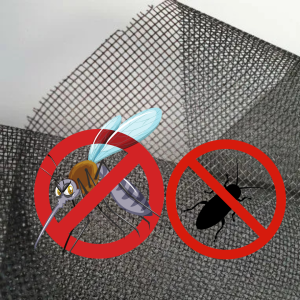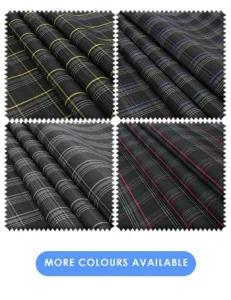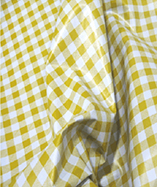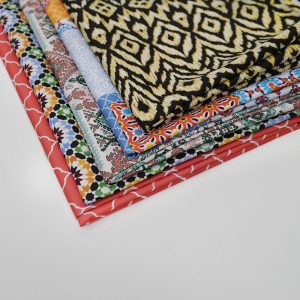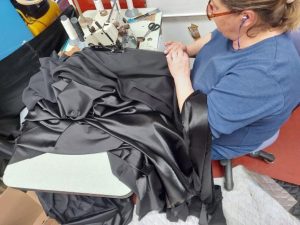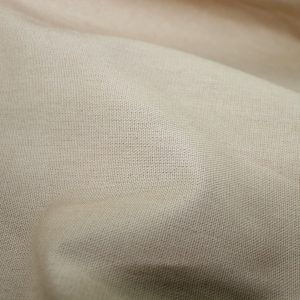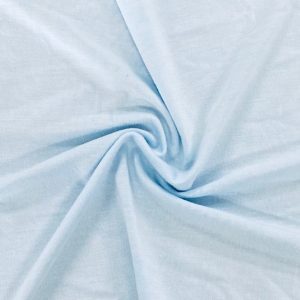Non Iron Fabric
Who hasn’t dreamed of being able to grab their clothes out of the wardrobe wrinkle free and pop them on, without the drudgery of ironing? The invention of non iron shirts meant that ironing became a thing of the past, especially since ironing can sometimes cause clothes more harm than good. Regular shirts can be notoriously difficult to iron and many people have ended up with brand new creases after attempting to iron a shirt – very frustrating! The idea of crease-free or wrinkle-resistant cotton strikes a chord with those who hate ironing those shirts all the time. After all, if cotton shirts can be made to resist those unwanted creases and wrinkles then why even bother with regular cotton? This is the very idea that early researchers and garment manufacturers were toying with when synthetic fabrics such as nylon were beginning to replace cotton.
Non iron shirts were originally made by soaking them in formaldehyde — or more precisely, formaldehyde-containing resins. Although we think of it mainly in connection with embalmed corpses and pickled animals in jars, formaldehyde is widely used commercially to make plastics, particle board like MDF and plywood, as well as a variety of other common products. When resins containing formaldehyde are added to cotton fabric, they form cross-links between the fibres like rungs on a ladder, giving the fabric added strength and increasing its resistance to wrinkling. This process was developed in the 1950s by Dr Ruth Benerito, a chemist at the US Department of Agriculture, who passed away at the age of 97 in October 2013. However, her formaldehyde method had some drawbacks; in small doses the chemical can cause respiratory problems and eye and skin irritation leading to allergic dermatitis.
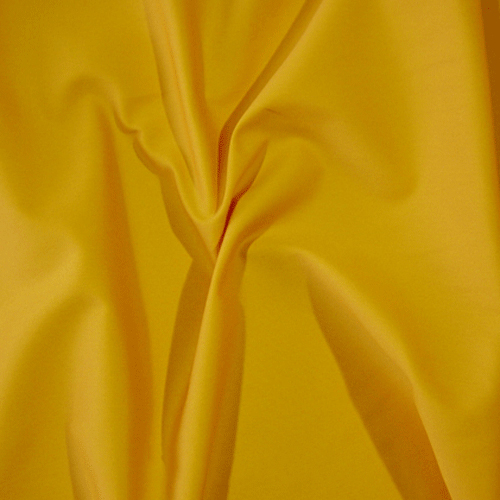
In the past, fabrics that don’t need ironing were usually man-made materials, like nylon, polyester, Lycra and the like. Treatments that keep fabrics wrinkle free have been applied to other fabrics like cotton/poly, cotton/lycra or rayon/blends have increased the number of wrinkle-free fabrics on the market. It is also important to understand that the fibre used in fabrics does not always determine whether the fabric will be relatively crease-free. Some polyester shirts may need ironing now and again if they are not flexible to begin with. In the last few years, non iron material has come along in leaps and bounds and unlike the chemically-treated non iron fabric of old, proper non iron shirt fabric can now be made of 100% two-ply cotton so it feels as comfortable as regular shirt fabric. Nowadays, the “non iron magic” in proper non iron shirts doesn’t come from the fibres themselves, but from a special treating process which involves subjecting the finished shirt to high temperatures. This ensures that when the shirt is hung up to dry after washing, it stays remarkably crease-free.
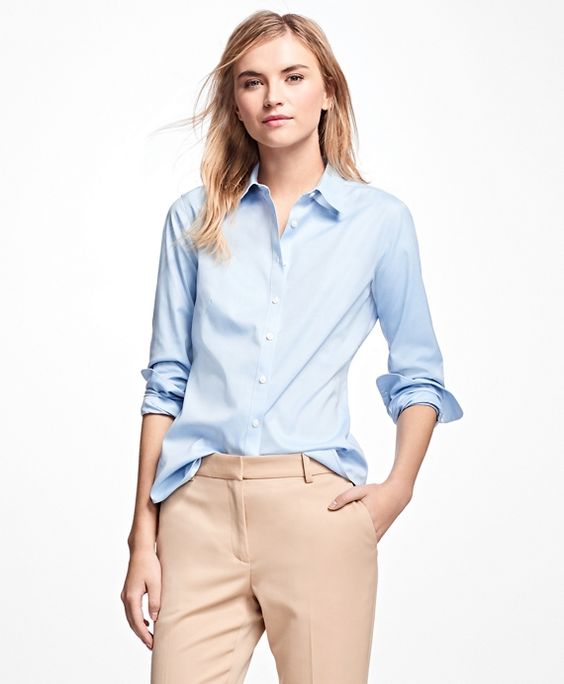
If there is one thing to blame for a wrinkled shirt, it is the washing machine. However, as it is squeezed and spun inside one of these, non iron shirt fabric absorbs less water which makes it even better at keeping its shape and colour, less likely to shrink, and able to dry more quickly. Heat and water cause wrinkles. Heat breaks the bonds holding polymers in place within the fibres of a fabric. When the bonds are broken, the fibres are less rigid, so they can shift into new positions. As the fabric cools, new bonds form, locking the fibres into a new shape. This is both how ironing gets wrinkles out of your clothes and why letting clothes cool in a heap fresh from the dryer will instill wrinkles.
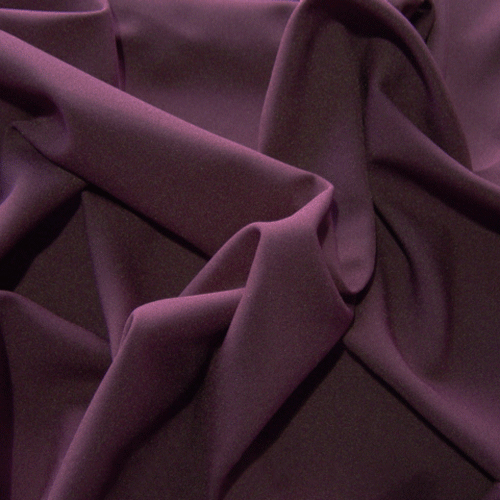
The future of non iron fabric may lie in the use of enzymes, the use of which in all phases of textile manufacturing and especially garment finishing will continue to grow, as it will in detergents and fabric conditioners. Nanotechnology has also quietly been infiltrating the textile manufacturing industry with new fabrics which are touted as having anti-wrinkle, anti-static, anti-stain, and anti-bacterial. Watch this space for developments.
If you are looking for Quilted Fabrics visit quiltedfabrics.co.uk
At Quilted Fabrics, we provide a wide selection of quilted materials perfect for a variety of uses. Our range includes polycotton quilted fabric, sandwich quilted fabric, waterproof quilted fabric, and leatherette quilted fabric, ideal for car upholstery, furniture upholstery, clothing, home decor and DIY quilting projects. Whether you’re making quilt blocks, bags, jackets, or accessories, our durable, machine-washable quilted fabrics offer both style and functionality. Explore our collection of premium quilted fabrics for all your creative and practical needs.
Fabric UK is your destination for all types of fabric. Whether you’re searching for fabric samples or purchasing by the meter, we make it easy to find exactly what you need.
You can order: Samples, Wholesale, Fabric by the meter
Fill Form for Free fabric samplesSimply visit our website at fabricuk.com or call us directly at 0121 359 2349 for any questions or inquiries.
Visit Our Fabric Showroom
Feel free to visit our fabric showroom anytime – no appointment is necessary!
KBT LTD, Carlton Business Centre, 132 Saltley Road, Birmingham, B7 4TH, United Kingdom
Email Us:
You can reach us at: info@fabricuk.com
Showroom Hours:
- Monday – Friday: 9:30 am – 6:00 pm
- Saturday: 10:00 am – 5:00 pm
